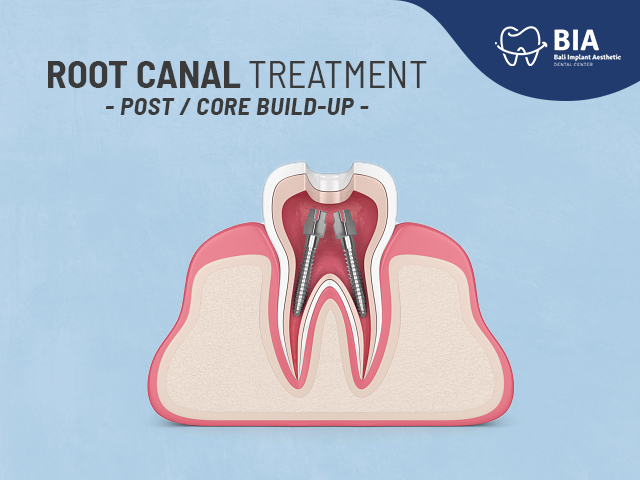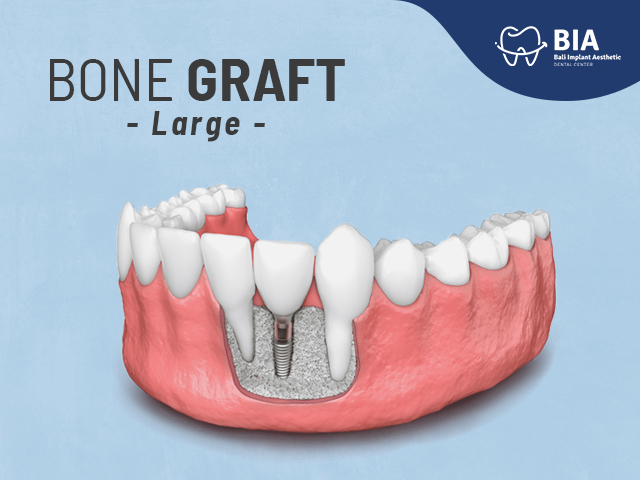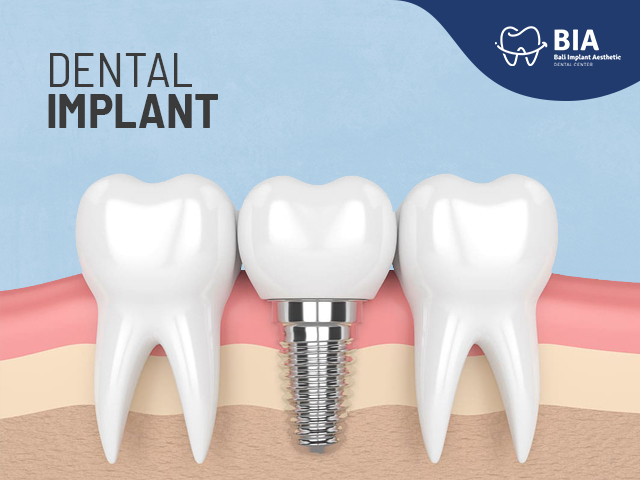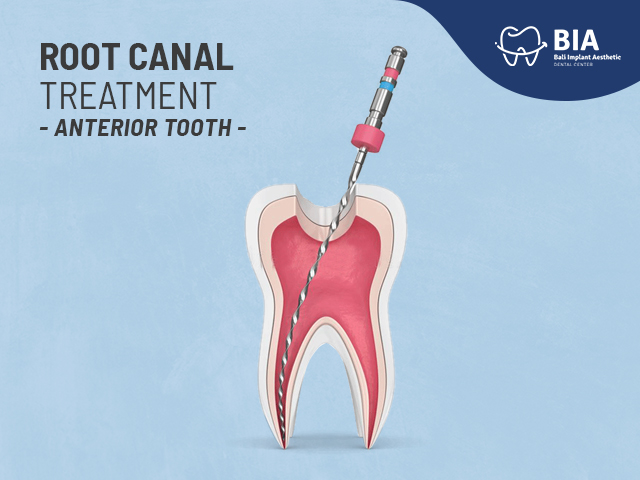Your Teeth’s Worst Enemy: Energy Drink
Article | 2020-02-21 10:59:37
How Caries Can Occur?
Caries is a major problem in most countries. About 60 - 90% of caries occurs in school children and some in adolescents and adults. Caries is damage to the hard tissue structure of the teeth caused by the presence of bacterial activity in the oral cavity that produces acid. Caries is a process of progressive loss of dental minerals which then causes holes in the teeth.
The mildest caries is only a black dot on the surface of the tooth, which can extend to the enamel, dentin and pulp layers. Initially caries does not cause symptoms. When caries has penetrated the dentin, it will start to feel pain when in contact with cold, sweet foods and drinks. However, this pain will soon disappear after no contact. Caries that have extended to the pulp, it will cause continuous throbbing and spontaneous pain.
The content of energy drinks
Energy drinks have proven to be the cause of dental caries. These drinks are mostly carbonated drinks that contain a lot of artificial sweeteners and tend to be acidic.
Several studies have shown that isotonic drinks and soda have a strong and sour taste. Isotonic drinks contain several types of high acids, namely phosphoric acid, citric acid, maleic acid and tartaric acid. Isotonic drinks also contain high sucrose, 6-8%
While soft drinks also contain carbohydrates with a proportion of high-calorie sweeteners, sucrose 7.8 - 10.3%. Soft drinks also contain phosphoric acid and citric acid.
The content of these drinks will easily settle in the oral cavity which is then attached to the surface of the teeth and form plaque. Supported by an acidic atmosphere, making it easier for the release of minerals in the teeth.
The solution
We recommend that after consuming energy drinks, brush your teeth immediately. The action aims to eliminate the remaining drinks that settle on the surface of the teeth, so as to prevent the process of tooth mineral release.
But maybe we all do not have much time to brush teeth immediately, but there is another alternative, which is to rinse your mouth with plain water. Also supported by consuming lots of mineral water coupled with gargling movements. Thus, the remaining drinks attached to the surface of the teeth can be lifted and rinsed.
Another way is to chew sugar-free gum. The movement of chewing gum can stimulate the production of more saliva, making it easier to clean teeth naturally. It also can increase the pH of the oral cavity to become alkaline, so it is not conducive to bacterial growth.
If possible, from now on, limit consumption of energy drinks. If you must consume the drink, use a straw to minimize contact between the liquid and the tooth surface.
Closing
Dental and oral health have a very important role in supporting the productivity of all people. The community must get used to prevention efforts before the disease. The simplest thing that can be done as a preventative step is to brush your teeth regularly, twice a day, that is, the morning after breakfast and at night before going to bed. Brush your teeth in the right way, the right frequency and the right time.
Also pay attention to your daily food and beverage consumption habits and make it a habit to carry out routine checks to the dentist every 6 months.
Source:
Fejerskov O, Kidd EAM. Clinical Cariology and Operative Dentistry in the Twenty-First Century. In: Fejerskov O, Kidd E, editors. Dental Caries; The Disease and Its Clinical Management. Denmark, Copenhagen: Blackwell Publishing Ltd, 2003: 179–188.
McLtire JM. Dental Caries – The Major Cause of Tooth Damages. Pada Hume WR, Mount J. Preservation and Restoration of Tooth Structure. 2end ed. Queensland: Knowledge Books & Software, 2005: 21-33
Selwitz RH, et.al. Dental Caries. Lancet, 2007; 369:51-59
Coombes & Jeff S. 2005. Sport Drink and Dental Erosion. American Journal of Dentistry, 18(2):101-104.
Borjian A, dkk. 2010. Pop cola acids and tooth erosion: an in vitro, in vivo, electron microscopic and clinical report.
Burt BA, Pai S. Sugar Consumption and Caries Risk: A Systemic Review. Journal of Dental Education, 2001; 65(10).
Fathilaah Abdul Rajak, dkk. 2014. Erosive effect of Sport Drinks on Tooth Enamel.
Anusavice J.K. Present and Future Approaches for The Control of Caries. Journal of Dental Education, 2005; 69(5): 538-554.
Tince AJ. Pengaruh Kebiasaan Menyikat Gigi terhadap Status Pengalaman Karies. FKM UI, 2010: Tesis (67-68).




